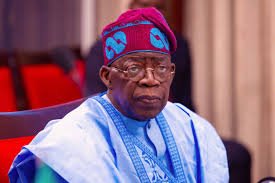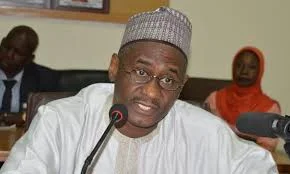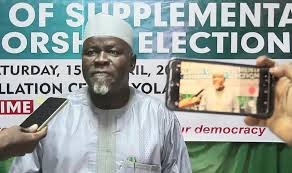The Federal Capital Territory (FCT) Youth Development Secretariat is preparing to unveil its first-ever Youth Development Policy Document, a step seen as a move by the Administration towards addressing youth-related issues in Nigeria’s capital.
Comrade Ango Abdullahi Suleiman, the mandate secretary for the FCT Youth Development Secretariat, explained the rationale behind this initiative during a Review, Validation and Adoption meeting with stakeholders. According to Suleiman, the policy aims to “set guidelines for the delivery of programmes and projects related to youth development.”
“The purpose of this policy is to aggregate issues facing youth across the FCT, and shall serve as a framework for addressing them holistically,” Suleiman stated, as reported in a statement by Darlington Omotosho, the acting Chief Information Officer to the mandate secretary.
The FCT’s move follows similar initiatives in states like Lagos and Osun, reflecting a growing trend of focused youth development strategies across Nigeria.
Ambassador Asabe Umar, Director of the Youth Development Department, represented Suleiman at the review meeting and highlighted the policy’s alignment with international standards.
“The United Nations World Programme of Action for Youth, 2000 and beyond, encourages Governments to be more responsive to the aspirations of youth for a better world, as well as to respond to the demands of youth to be part of the solution, rather than be considered as the problem,” Umar noted.
Mr. Olusegun Medupin, Programs Manager of Youth Hub Africa, further elaborated on the policy’s scope and objectives.
“The youth policy is borne out of the need to ensure inclusive youth development in the FCT,” Medupin explained.
He added that the policy would draw from various national and international frameworks, including “the national youth policy, the renewed hope agenda of this administration, AU youth charter, UN youth strategy, and the SDGs among others.”
Key deliverables of the policy include:
Defining youth in the FCT context, aligned with the national youth policy, establishing clear objectives for youth development, outlining measurable strategies and actions, creating an institutional framework detailing stakeholder responsibilities.
Medupin emphasized the collaborative nature of the policy’s development, stating, “The brains behind the policy are the young people in the FCT and the process of development is led by the Youth Development Secretariat and YouthHubAfrica, provided technical expertise, with support from Action Aid Nigeria.”
Implementation of the policy will be spearheaded by the FCTA, with contributions expected from various development partners operating in the FCT. Medupin expressed optimism about the policy’s potential impact, saying, “By the time we are measuring the implementing mid-term, at least, youth development in FCT must have been achieved considerably.”
The policy is set to be launched following approval from the FCT Minister, marking a new chapter in youth development efforts within the Federal Capital Territory.























